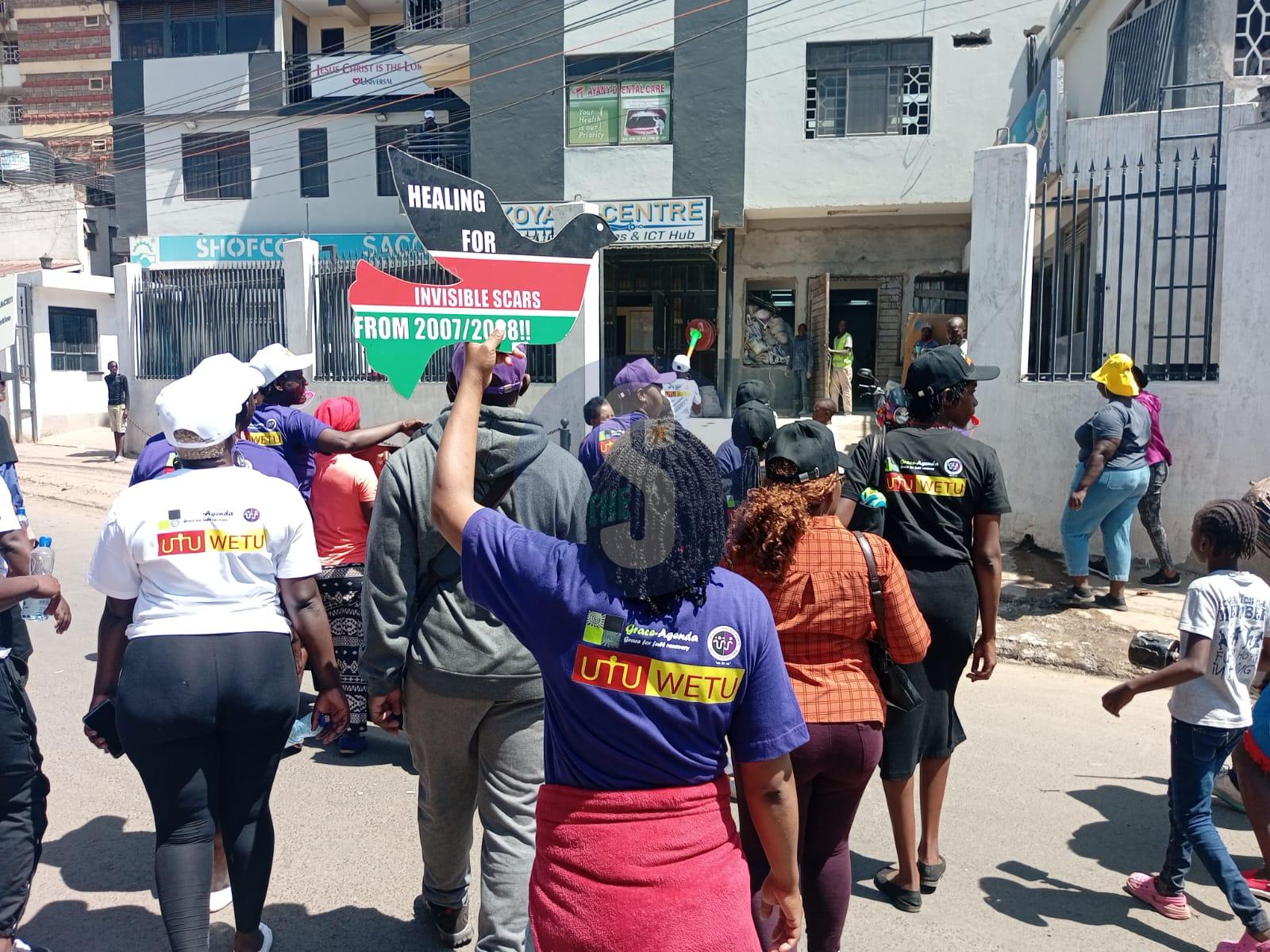

The National Police Service (NPS)
has unveiled a strategy aimed at strengthening its role in combating gender-based
violence (GBV) and femicide.
In the Strategic Plan, the NPS has proposed an approach that focuses on operational efficiency, capacity building, public engagement and a decisive shift from reactive responses to preventive strategies.
On operational improvements, NPS stated the need for digitalisation of P3 and Post-Rape Care (PRC) forms to streamline case documentation and access to survivor support services.
The police also plan to integrate the Gender-Based Violence Information Management System (GBVIMS) into their internal case tracking system, enabling real-time data access and reducing case duplication through unique identifiers.
To further enhance investigations, the NPS recommends establishing a dedicated offender registry for femicide and repeat GBV offenders, a move expected to aid tracking and improve public safety.
Gender Units within the police service will also be strengthened to ensure professionalism and empathy in handling GBV matters.
On empowering the force through capacity building, the NPS is scaling up trauma-informed care and crime scene management training, especially for first responders and investigators.
It also plans to establish specialized GBV response units, such as child protection and gender units, at all police stations nationwide.
A special emphasis has been placed on inclusivity, with proposed training on how to handle survivors with language barriers and persons with disabilities.
Additionally, officers will be equipped to respond to the growing challenge of technology-facilitated GBV (TFGBV) through targeted digital forensic training.
Cross-sector training involving prosecutors, health professionals and judiciary actors is also in, to ensure seamless survivor support and prosecutions.
NPS also spoke of improving Access to Justice by advocating for the creation of Gender Justice Courts in each county to fast-track GBV and femicide cases.
To make reporting more accessible, it plans to promote confidential channels, including anonymous hotlines and mobile apps.
Officers may also be stationed in key hospitals, especially Level 4 and referral facilities, to ensure survivors can access police services promptly.
Additionally, on engaging the Public and Shifting Mindset, the plan aims to lead or co-host community dialogues promoting positive masculinity and awareness of GBV laws.
Public education campaigns will be launched to encourage bystander involvement and inform the public on how to report cases effectively.
On resourcing the response, the NPS noted that the success of these interventions hinges on enhanced budget allocations to support logistics such as survivor meals, sanitary supplies and infrastructure upgrades.
To ensure accountability, the service will implement monitoring frameworks and periodic audits and fast-track the rollout of Pollicare centers in partnership with county governments and private stakeholders.
NPS stated that there is a need to commit to collaborate with both state and non-state actors to fully embrace reforms proposed by the Technical Working Group on GBV and Femicide.
This includes amendments to the Sexual Offences Act and revised operating procedures aligned with international standards.
It will also take an active role in the development of County Referral Mechanisms and GBV Protection Centers across the country.
The service urged all service providers to focus on prevention rather than merely responding to incidents.
The NPS emphasized that tackling GBV and femicide requires not
just institutional reforms but a deep cultural transformation.












